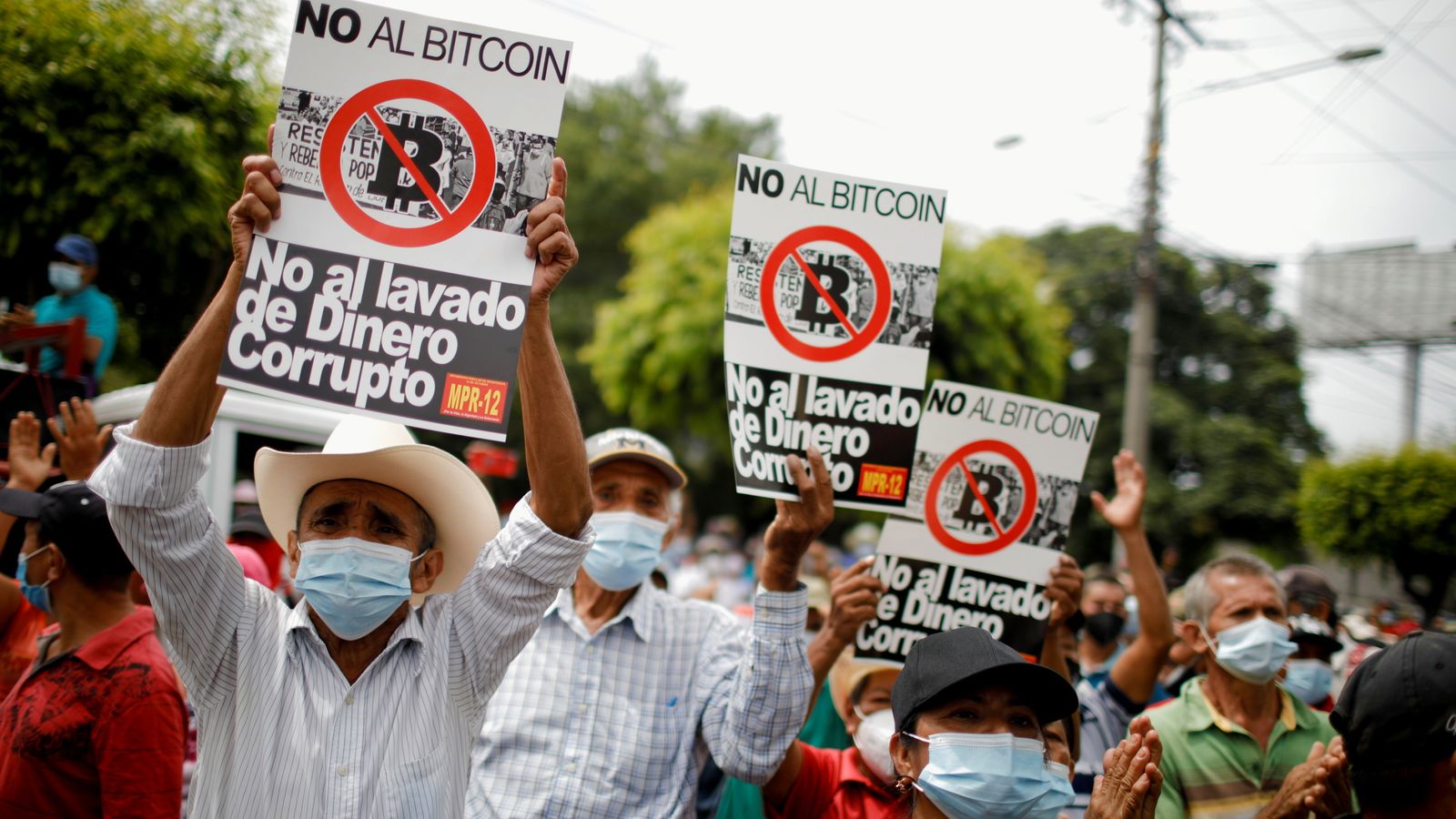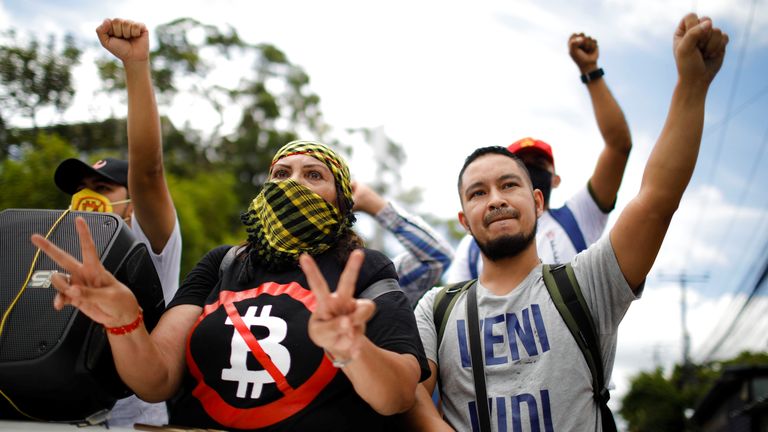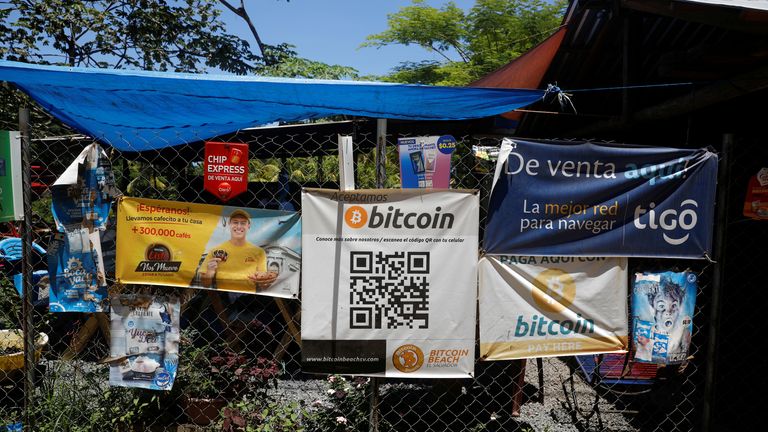El Salvador’s move to become the first country in the world to make Bitcoin legal tender was marred on launch day when the government’s digital wallet system crashed.
President Nayib Bukele confirmed that the Chivo Wallet had been taken offline following complaints about installation problems. No time has been given for when it will be online again.
He said that server capacity was being increased – a “relatively straightforward problem to fix”, but one that needs the system to be disconnected.
“Mejor despacio y con buena letra,” he tweeted, an idiom that translates as “slowly and with good handwriting” – meaning that it’s better not to rush.
“Un poquito de paciencia,” he added, meaning “a little bit of patience”.
Even the Chivo Wallet’s website was taken down on Tuesday when a recently passed law recognising Bitcoin as legal tender in El Salvador took effect.
Citizens have protested against it, complaining that there has been too little explanation from officials about what benefit Bitcoin will bring and how transactions using the cryptocurrency will work.
Claudia Molina, a 42-year-old who sells T-shirts and souvenirs, criticised the plan.
“We don’t know the currency. We don’t know where it comes from. We don’t know if it’s going to bring us profit or loss. We don’t know anything,” she told Reuters.
“They haven’t given us training. They haven’t told us what we’re going to use or how to make the change,” she added.
Foreign cryptocurrency enthusiasts have supported El Salvador’s move, with a movement stirring for people to buy $30 (£21.76) in the cryptocurrency together to mark the law coming into effect, potentially driving up the price.
Bitcoin has been trading steadily at around $51,000 (£37,000) over the past few days – its highest since May, when it fell sharply after China announced curbs on cryptocurrency transactions – but no price pump has materialised.
El Salvador has begun to install Bitcoin ATMs in cities around the country where citizens will be able to convert their digital tokens into cash, backed by a $150m (£108m) government fund.
Polls have reported that most Salvadorans are opposed to the adoption of Bitcoin, despite the government pledging to provide $30 (£22) in the token to each citizen through the state-provided digital wallet.
Carlos Carcah, a professor at El Salvador’s Superior School of Economics and Business, argued that adoption of Bitcoin as legal tender “is not necessary, nor convenient”.
He added: “As long as there is someone who accepts payment with Bitcoin, the same as they accept dollars, there wouldn’t be problems.”
He noted that Bitcoin is extremely volatile, so investors “run the risk of becoming rich and the next day being poor”.
El Salvador’s own currency, the Salvadoran colon, was replaced by the US dollar in 2001.
The country depends heavily on money which citizens based abroad, often in the US, send home and these remittances to El Salvador were worth almost $6bn in 2019, amounting to 16% of El Salvador’s gross domestic product.
The country moved to using the US dollar as legal tender as a result of these remittances, and the move to Bitcoin is based on an expectation that more Salvadorans will begin sending money home using the cryptocurrency – and the Chivo Wallet is intended to be available to citizens who are residing abroad.



